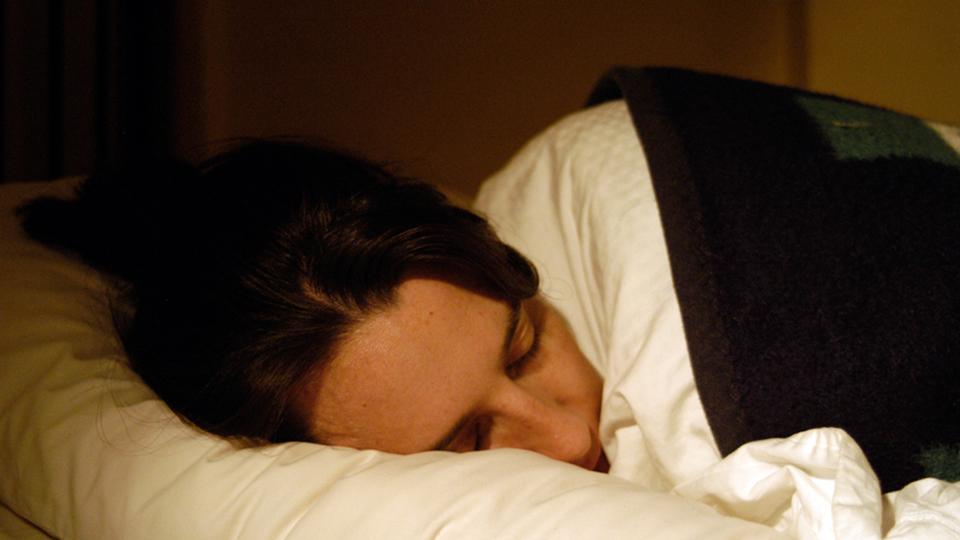Sleep survey to explore exploding heads and paralysis
Primary page content
The Big Sleep Survey, launched today (31 October 2017), will explore people’s experiences of unusual sleep phenomena including ‘Exploding Head Syndrome’ and ‘Sleep Paralysis’.

The survey is led by researchers from Goldsmiths, University of London in collaboration with and promoted by BBC Focus Magazine and is calling for people who have experienced unusual sleep symptoms, and those who have not, to get involved.
To take part in the survey visit the BBC Focus Magazine website.
Exploding Head Syndrome involves a sensation of an explosion or loud noise when falling asleep or waking up. It used to be considered extremely rare but is now thought to be fairly common. Despite its name, it is usually painless. The researchers are particularly interested in what people do to prevent the sensation and which techniques they find most effective.
Sleep Paralysis involves an inability to move just as a person is falling asleep or waking up. It can be accompanied by unusual perceptions about a person’s surroundings that disappear once they are able to move again.
Alice Gregory, Professor of Psychology at Goldsmiths and one of the project leaders, said: “While these phenomena can be disturbing recent data suggests that they might actually be fairly common. In most cases there is nothing to worry about. However, I would always suggest talking to a GP if you are concerned so that they can rule out other diagnoses. What’s fascinating is that we know so little about why one person may experience them frequently and another never experience them at all.
“There is also a lack of information about how to prevent these experiences from happening. We are collaborating with Dr Sharpless from Argosy University, Northern Virginia and Dr Denis, from Harvard Medical School both of whom are experts on unusual sleep phenomena. Together, we hope the Big Sleep Survey will help us to find out more.”
Chris French, Professor of Psychology at Goldsmiths and one of the project leaders, said: “Sleep Paralysis is a phenomenon that’s fascinated me for many years. Previous studies report that up to a third of participants say they have had it at one time or another. We’re keen to hear from people who have experienced it to tell us what they think might be going on and to help build on our understanding of the condition.”
Image: Person sleeping by the web princess.